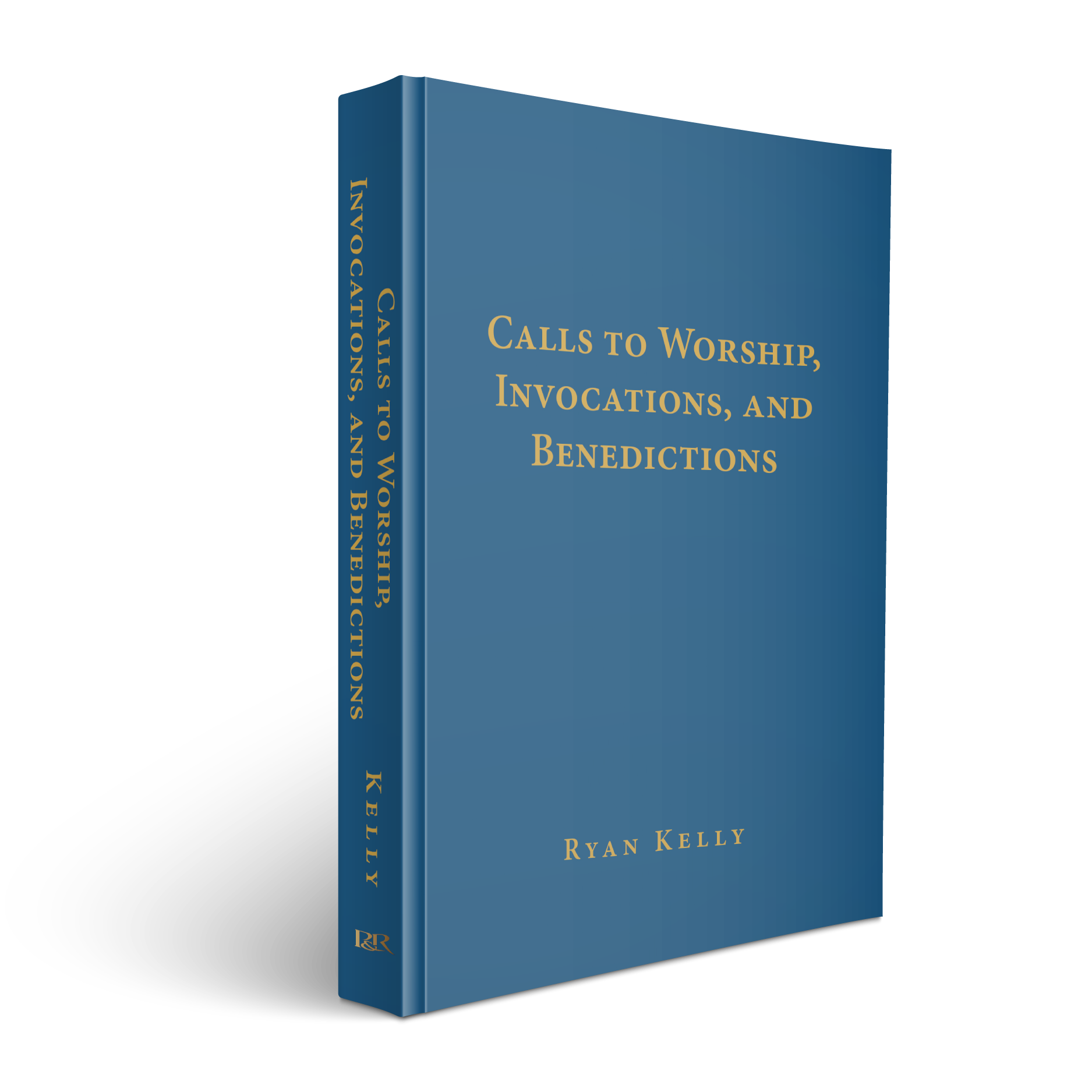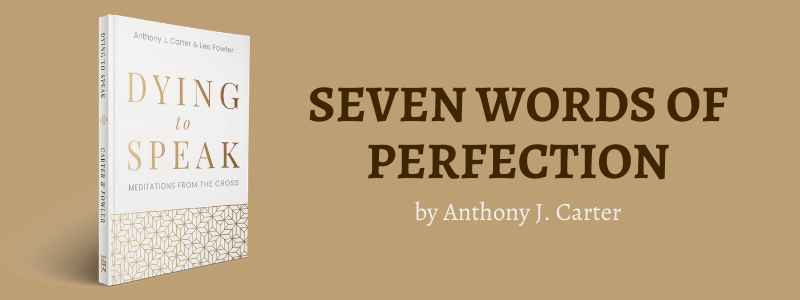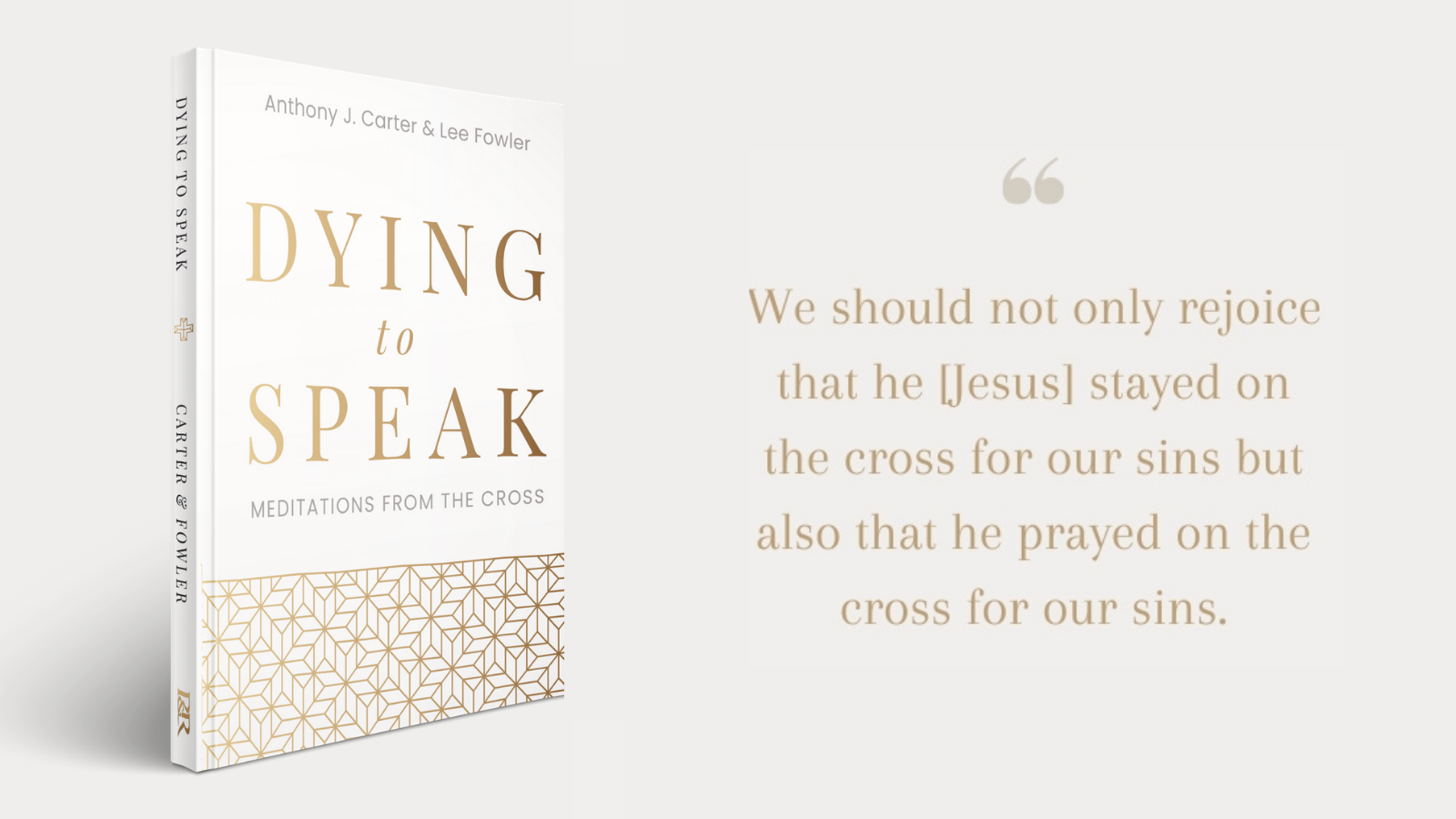This week’s author interview is with Esther Smith. She is the author of our brand new release: A Still and Quiet Mind: Twelve Strategies for Changing Unwanted Thoughts as well as Chronic Illness: Walking by Faith (31-Day Devotionals for Life).
- Tell us a little bit about yourself.
I am originally from a small town called Darlington located in Western, PA. After college, I moved to Baltimore with my husband and we have lived in the area ever since. We have been married for 12 years and share our home with two huge cane corsos named Bella and Bug.
I have worked as a counselor for the past 10 years and feel so grateful for the work I get to do every day. I recently began counseling through my own private practice and specialize in offering care to people struggling with anxiety, trauma, and chronic pain. I also teach online Christian meditation classes, which is one of my favorite things I get to do each week!
In my free time, I enjoy cooking dishes from around the world and creating my own recipes from whatever happens to be in the fridge. I also love being outside any chance I can get, especially if my dogs get to come with me. And you can usually find me in the middle of a few books, some for work and some for fun. For pleasure reading, I like to read a wide variety of genres from science fiction and fantasy to memoirs, mysteries, and psychological thrillers.
- What inspired you to write this book, about this topic?
A lot of ideas converged in my counseling and ministry work that led me to write this book. I was first prompted to consider this topic when a friend invited me to speak on “taking every thought captive” at a church event. This talk left me wrestling with some questions. What does this phrase actually mean? Is thought change really as simple as getting rid of one difficult or unbiblical thought and replacing it with a true thought?
At the same time, I was counseling people who were suffering with a wide range of challenging thought patterns. They would often lament to me that their attempts to replace difficult or untrue thoughts with what they knew to be true from Scripture weren’t effective. Many of the messages they had heard about thought change felt too simplistic for their complicated struggles and simply were not working for them. And I could relate. In my own struggles with feeling stressed and anxious and dealing with chronic pain, I felt like I needed more help for my thoughts.
I began experimenting with a number of practical strategies to help people address their thoughts more specifically and more holistically. I also developed a personal Christian meditation practice that I began sharing with my clients. As I worked with more and more people, I found that with a lot of practice and customization to a person’s individual struggle, these strategies really worked. And these are the strategies that form the basis of this book that I hope will be helpful to many more people.
- Do you have a specific spot where you enjoy writing most?
I love to write outside. That usually looks like dragging my favorite chair out to a sunny spot in our backyard. My dogs might be playing in the background. I might have a drink to sip on. And I always move my chair little by little to follow the sunshine wherever it goes.
- Do you have a favorite author? Who is it and why?
One of my favorite authors is Diane Langberg. She was one of the first authors I read who helped me understand how to be a professionally competent counselor who brings Christ into my counseling. The way she connected the gospel to helping people heal from the wounds of trauma was groundbreaking for me and helped me consider how to make similar connections in other areas of counseling work. I go back to her devotional for counselors time and time again because it is so relatable and grounds me in what really matters.
- What book are you reading now?
Right now I’m in the middle of a memoir by Daniel Nayeri called Everything Sad is Untrue. He is an expert storyteller and weaves his family history into a beautiful book that is hard to put down.
- How can readers discover more about you and your work?
- Website: esthermariesmith.com
- Twitter: @esthermariesmth
- Facebook Page: esthermariesmth
- Instagram: esthermariesmth
NOW AVAILABLE — A Still and Quiet Mind: Twelve Strategies for Changing Unwanted Thoughts

Amazon: $15.99
Christianbook: $13.29
P&R Publishing: $9.59
WTSBooks: $10.39
Kindle: $9.99
iTunes: $9.99








